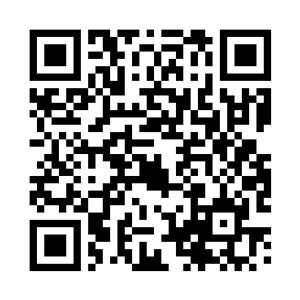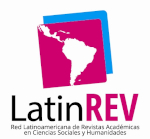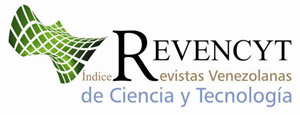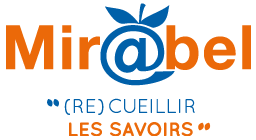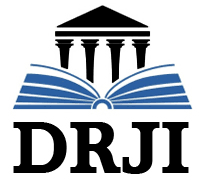Ethical resignification from the emerging economies
Viewing the blue management
Keywords:
ethics, emerging economies, blue managementAbstract
The purpose of this research is to recreate theoretical contributions about emerging economies, from their ethical resignification, to envision other ways of managing the development of a thought attached to non-traditional positions, moving from the red economy to the circular or blue economy, through which it is value being, society, the environment. It is a documentary research, configured from a contrasting critical reflexive hermeneutical stance of the texts consulted and the author's experiences, complemented with a transdisciplinary, complex, integrative worldview of constructible realities, evaluating macroeconomic indicators, to understand and propose transformations to the field business, constituted from customary linear visions; likewise, comprehensively appreciate the ethics that underlie managerial actions from the blue economy in a context where change will be a determining factor in the ways of conceiving and reordering the sphere of their actions. Resigning an ethical sense from the blue management, based on the circular economy, as the foundation of the manager's thinking and doing, entails a solidary praxis, of an ecological and social sense, creative, careful of nature, being, in order to convert the organization as a moral agent, capable of envisioning the changes that will unfold in the post-pandemic world.
Downloads
References
Balza, A. (2013). Pensar la investigación postdoctoral desde una perspectiva transcompleja. Aragua: REDIT.
Banco Mundial (2020). Informe perspectivas económicas mundiales. https://www.bancomundial.org/es/news/press-release/2021/06/08/world-bank-global-economic-prospects-2021
Camacho, F. (2020). Gerencia en las organizaciones de salud larense. Una hermeneusis desde la economía azul. Tesis doctoral no publicada. Barquisimeto. Universidad Yacambú.
Chan Kim, W. y Mauborgne, R. (2005). Blue ocean strategy. United States of America: Hardvard Business School Publihing Corporation.
Capra, F. (1992). El tao de la física. Madrid: Luis Cárcamo.
Conill, J. (2010). Ética hermenéutica. Madrid: Tecnos.
Cortina, A. (2010). Ética mínima. Madrid: Tecnos.
Cullen, C. (2004). Autonomía moral, participación democrática y cuidado del otro. Argentina: Noveduc.
Giddens, A., Bauman, Z. y Luhmann, N. (2011). Las Consecuencias perversas de la modernidad. Barcelona: Ánthropos.
Heidegger, M. (2000). Problemas Fundamentales de la Fenomenología. Madrid: Trotta.
Juárez, J. (2009). Ética profesional. Caracas: UCAB.
Morín, E. (2006). El método 6. La ética. Madrid: Cátedra.
López, A. (2013). El ser humano metamoderno. Hacia otro humanismo. Barquisimeto: GEMA.
Pauli, G. (2010). La economía azul. Colombia: Editora Géminis S.A.S.
Ruiz, A. (2008). El diálogo que somos. Ética discursiva y educación. Bogotá: Magisterio.
Senge, P. (2000). La quinta disciplina. Argentinas: Paidós.
Stahel, W. (2016). Economía circular. Revista Nature, 531 (7595), 6–9.
Ugas, G. (2010). La complejidad de lo efímero. Barquisimeto: GEMA.
Villegas, C. (2009). Praxeología de la investigación transcompleja. Venezuela: UBA.
Zemelman, H. (2005). Voluntad de conocer. El sujeto y su pensamiento en el paradigma crítico. Barcelona: Ánthropos.
Published
How to Cite
Issue
Section
License

This work is licensed under a Creative Commons Attribution-NonCommercial-ShareAlike 4.0 International License.





